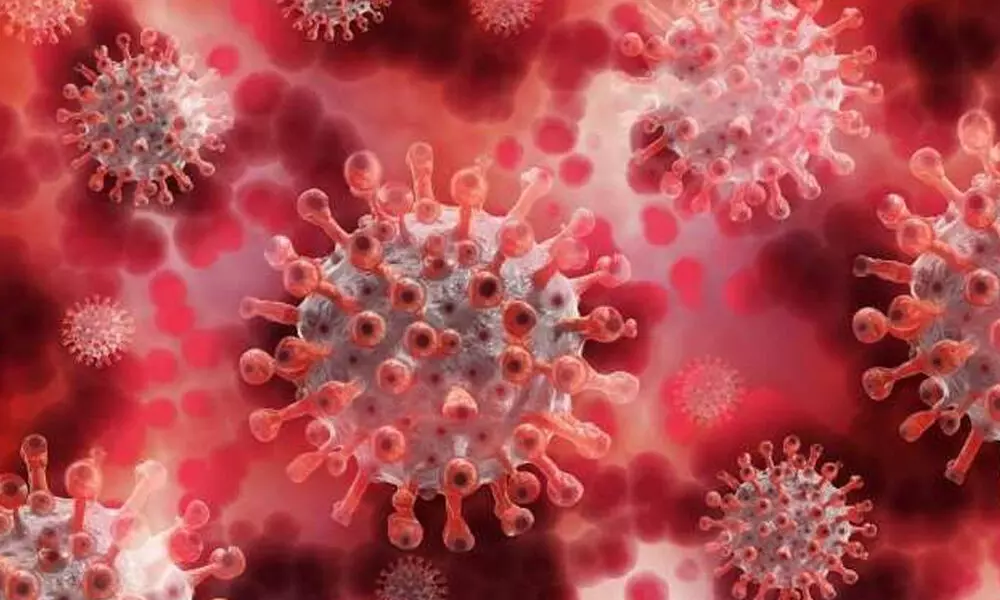Covid vaccine IP waiver debate is a distraction
Even with a waiver, new doses won’t arrive until 2022. But India and Brazil need the world's help now
image for illustrative purpose

The US decision to support a temporary waiver of intellectual-property protections for Covid-19 vaccines won't end debate on the issue, much less end the pandemic. Reaching a formal agreement could take months and even then may not accelerate vaccine production; opposition from countries such as Germany could yet doom any compromise. Governments, pharmaceutical companies and activists should be doing everything in their power now to scale up manufacturing, rather than hoping a waiver will solve the problem.
Supporters and opponents alike view the IP issue as a matter of principle. Activists are outraged by what they see as an emerging "vaccine apartheid," as wealthy countries that placed enormous early orders inoculate their least vulnerable people, while India, Brazil and other low- and middle-income countries go without. They say it's unconscionable for private companies to cling to IP and profits while millions die, especially since public money funded much of their research.
Vaccine developers reply that stripping IP protections will make it harder for them to invest in research that could head off the next pandemic. They see even a limited waiver as a slippery slope, with governments around the world demanding not just the recipes for their vaccines but the technology and trade secrets needed to make them.
Both sides should focus on their common goal - delivering more shots faster, and in every part of the world.Activists should stop insisting that IP is the main bottleneck to expanding vaccine production globally. Without critical technology, manufacturing know-how, trained personnel and raw materials, drugmakers can't just churn out more doses, especially of the mRNA-based vaccines from Pfizer Inc. and Moderna Inc. Bullying vaccine developers will make them cling more tightly to their trade secrets. The fastest way to scale up production is to persuade companies to participate voluntarily, licensing their technology to trusted partners around the world.
At the same time, vaccine developers should understand that their position on IP would command more support if they made greater and more visible efforts to expand production at home and abroad. Where they encounter obstacles - say, because of safety concerns, regulatory delays, or lack of capacity or personnel - they should call on governments to help overcome them, rather than seeming to throw up their hands.
For its part, the Biden administration shouldn't be too pleased with all the praise for its new position. Even if waivers come through and other hurdles are overcome, new doses won't arrive until next year at the earliest. The best way to meet the immediate need for shots is to start sharing excess supplies. The US alone may end up with some 370 million more doses than it requires and could free up more if it decides to start sharing. Another priority: Eliminate barriers to exports of critical raw materials as well as finished doses, so both can get to where they're needed most. Beyond this, rich-country governments also need to reward higher global production. Incentivizing additional domestic output for distribution abroad might be the first and fastest course - but if that falls short, as it likely will, governments should help companies set up new facilities in other countries. That means finding capable partners, paying to upgrade and retool factories, supporting new supply chains, and speeding regulatory approvals. The World Health Organization's COVAX facility will need additional funding to place orders big enough to justify the new investment.
This will be expensive - and for that reason alone, more politically challenging than negotiating IP waivers. But it would bring the pandemic under control more quickly than any other strategy. It would be worth the cost many times over.

